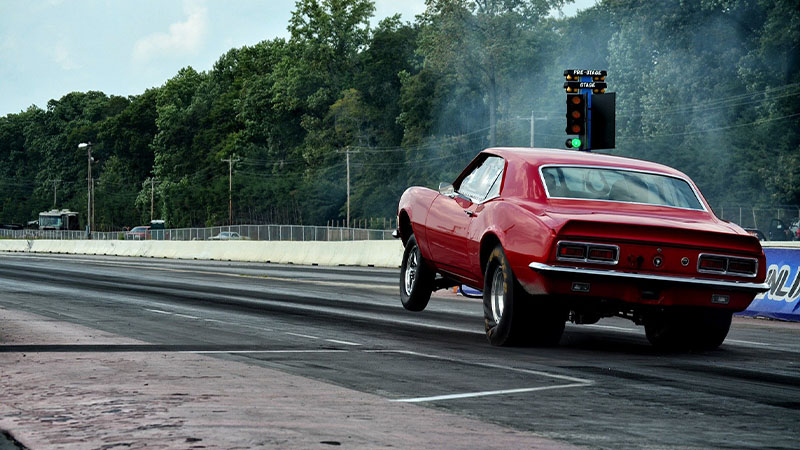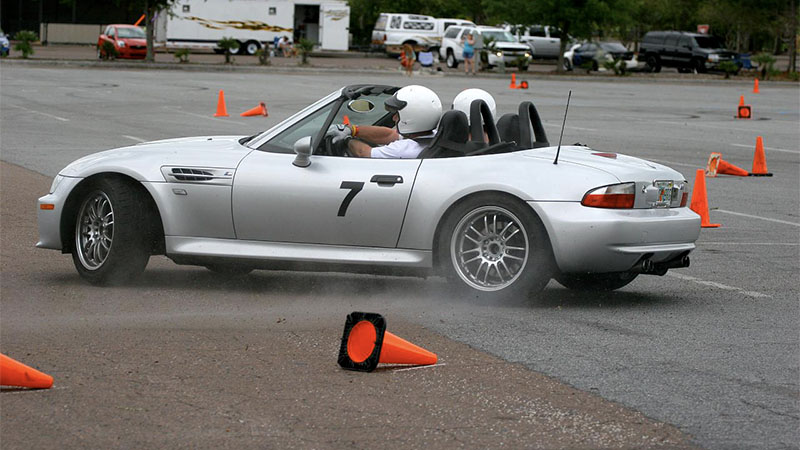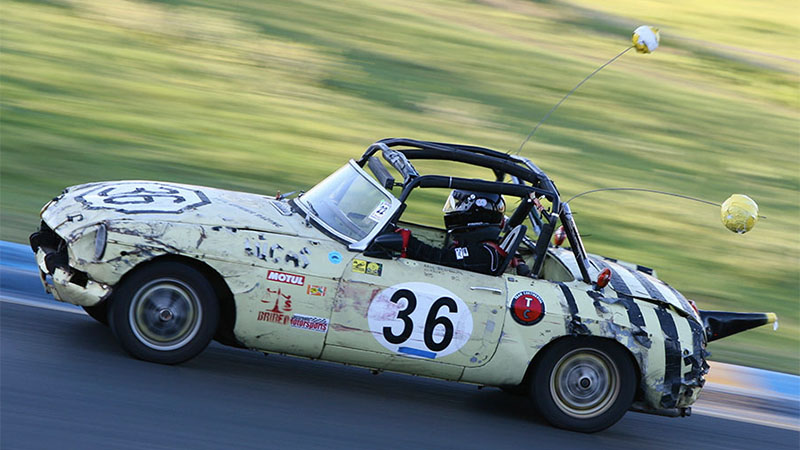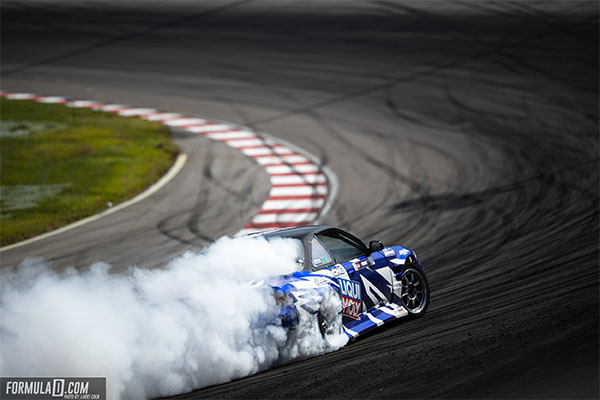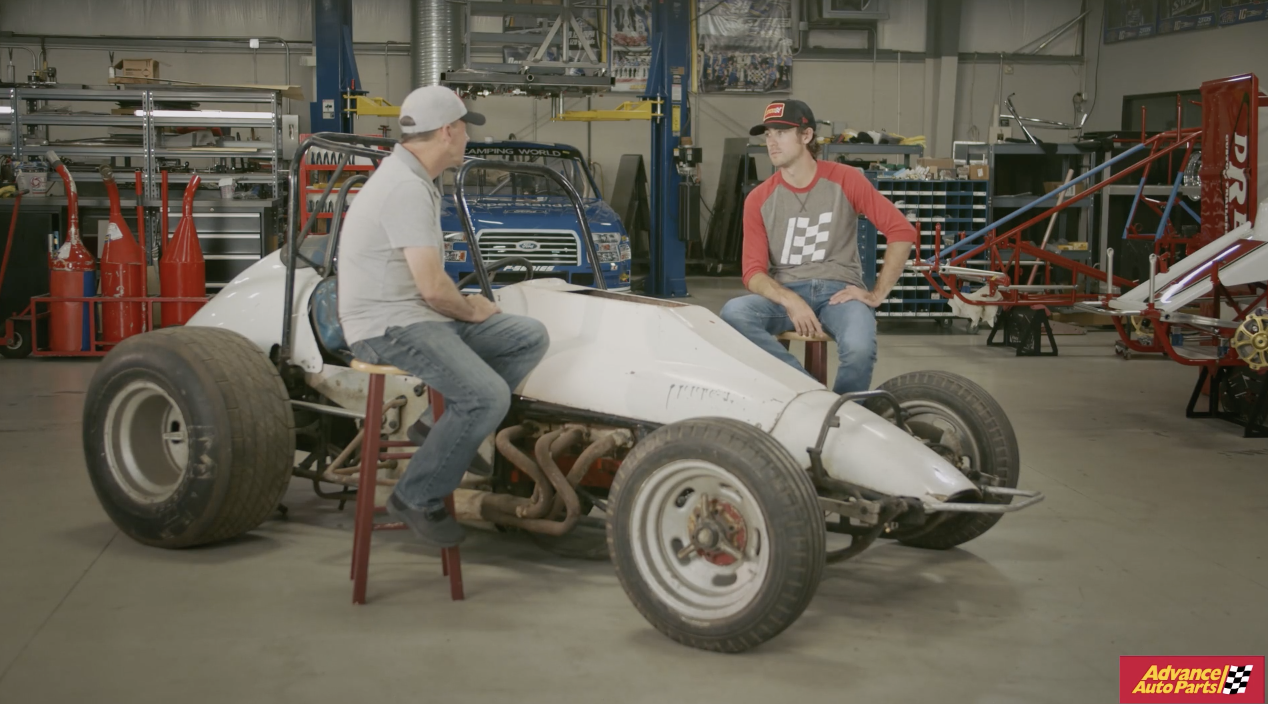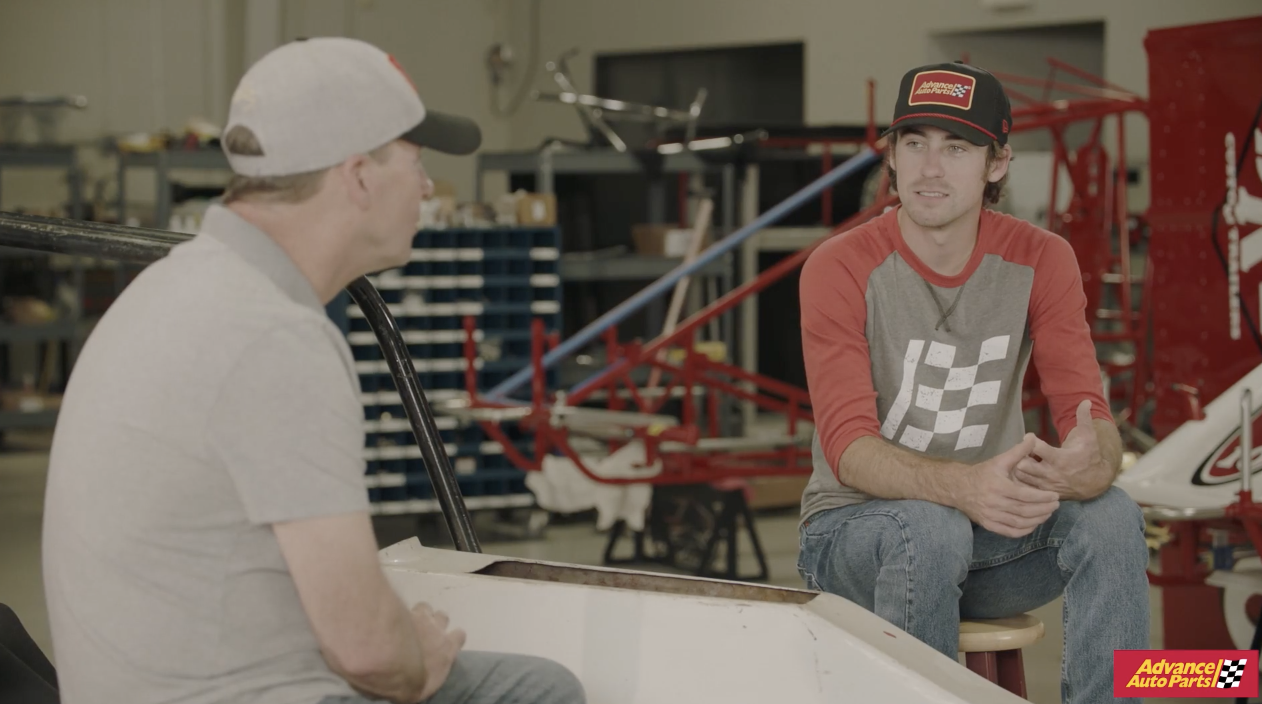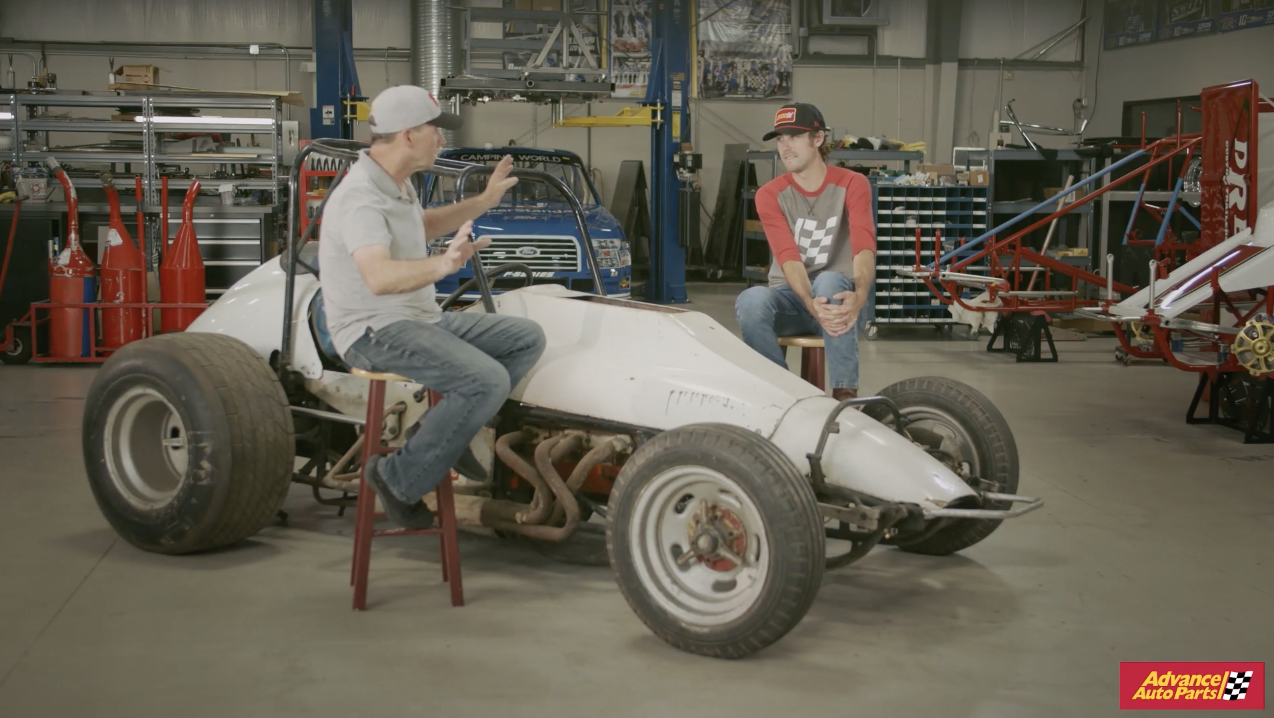Do you want to go racing, but lack the race car and professional license? That's okay! While NASCAR won't allow you on the track just yet, there are plenty of ways for the total beginner to get out there and hit the redline safely and affordably. You game? Let's head to one of these local events to get your adrenaline fix.
Drag racing
By far the most affordable way to transform your daily driver into a race car is to visit your local drag strip. Quarter mile and eighth-mile tracks are scattered across the country, and most will have a “test and tune" session every week or two. Wait for the green light, gas it and get to the finish line as quickly as possible. Then, make adjustments to tire pressure or suspension settings and head out for another (hopefully faster) pass.
An entire evening of racing can run as little as $15, with zero additional equipment needed if your car is safe and not incredibly quick. If you're still in high school and driving mom's 1989 Ford Escort, that's okay — just bring your license and insurance, and you're all set to go racing.
Autocross
If straight line racing isn't your thing, look into autocross. Typically taking place in closed parking lots, the “track" is an improvised course that can be unique and challenging every single time, unlike most other race formats. The goal is to finish as quickly as possible, but getting there requires a smart and smooth driver rather than a high-horsepower, mega-dollar car.
If you aren't a member, you'll have to pay the slightly higher entry fee of roughly $50, but that's still a great deal for hours of fun and a learning experience. You'll need a helmet, too — you can borrow a loaner from the track, but good helmets that meet safety standards are also affordable.
Track Day
Track days take place on America's various road courses and will have different rules according to the club running the event. In general, you're looking at high speeds on technical tracks with elevation changes, hairpins and off-camber turns. High Performance Driving Events are high-speed learning experiences. While they aren't technically races, HPDE is a great way to go all out on a road course. Track Night is another friendly event for the total beginner, and you can opt for instruction, too.
Chump Car
“Real racing. Real tracks. Real cheap cars." You've seen Laguna Seca and Daytona on TV, now it's time to race on them in total beaters. Chump Car turns junk into race cars in a throwback to when private teams were able to go out and win a weekend race. This will cost a bit, as your race car will need a cage and other safety equipment, but it can be done for just a few grand, which is a bargain to field a car in an endurance race series. 24 Hours of LeMons similarly flogs cheap beaters, but with even more flair.
Race school
If you don't care about trophies and just want to go fast, look into the various forms of race schools. Xtreme Xperience gives classroom instruction, followed by laps in an exotic supercar with a pro race driver giving tips on how to go faster in every section of track. Step up to a real race car for just $200 with Driving101. Real NASCAR race cars and pit crews provide an extra touch of realism as you pretend to be Kevin Harvick at 170 mph.
Last, if you really want to learn to drive fast, sign up for a class at Bondurant Race School. You'll learn advanced techniques in Vipers, Hellcats and open wheel racers. Good advice for all race formats is to have a car in good working condition. If you feel the need to spend money on upgraded parts, start with the best tires and brakes you can afford. Finally, remember to relax and just have fun your first time out. You can focus on trying to set a new personal record later, but the point is to get out there and get started.
We also recommend:
The Most Cost-Effective Ways to Go Racing
Competitive Drifting: How to Get Started
Your Guide to Street-Legal Rally Racing
Have any advice for first-timers? Let's hear it in the comments below.
